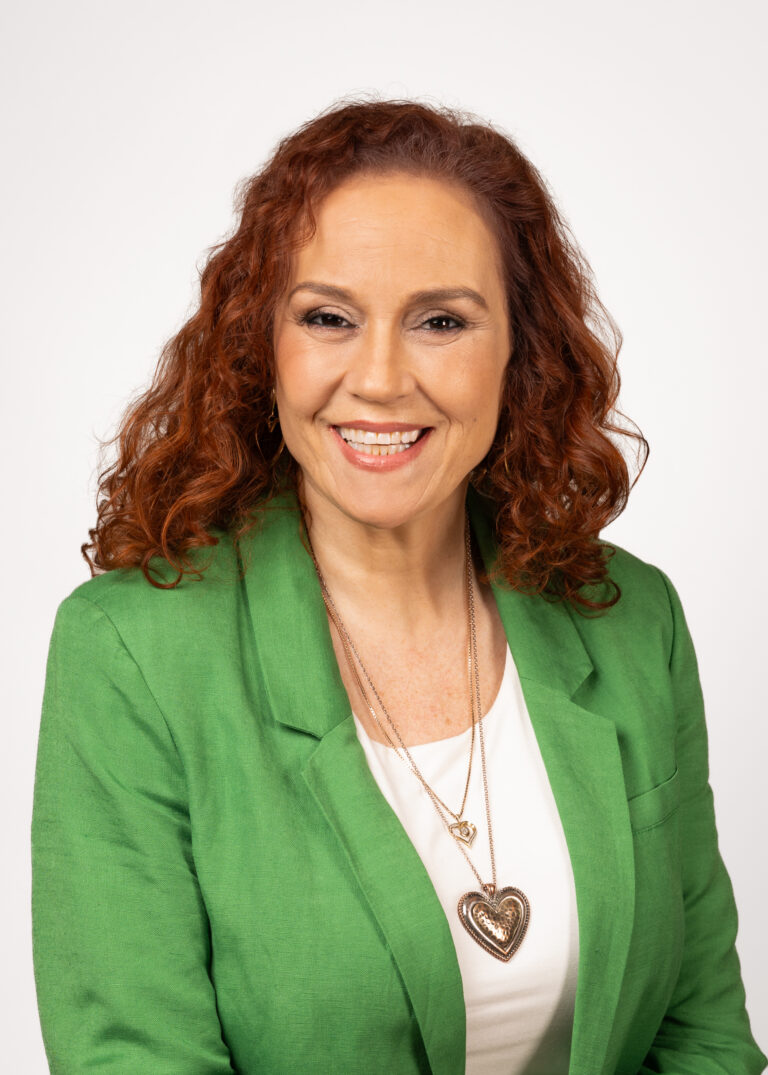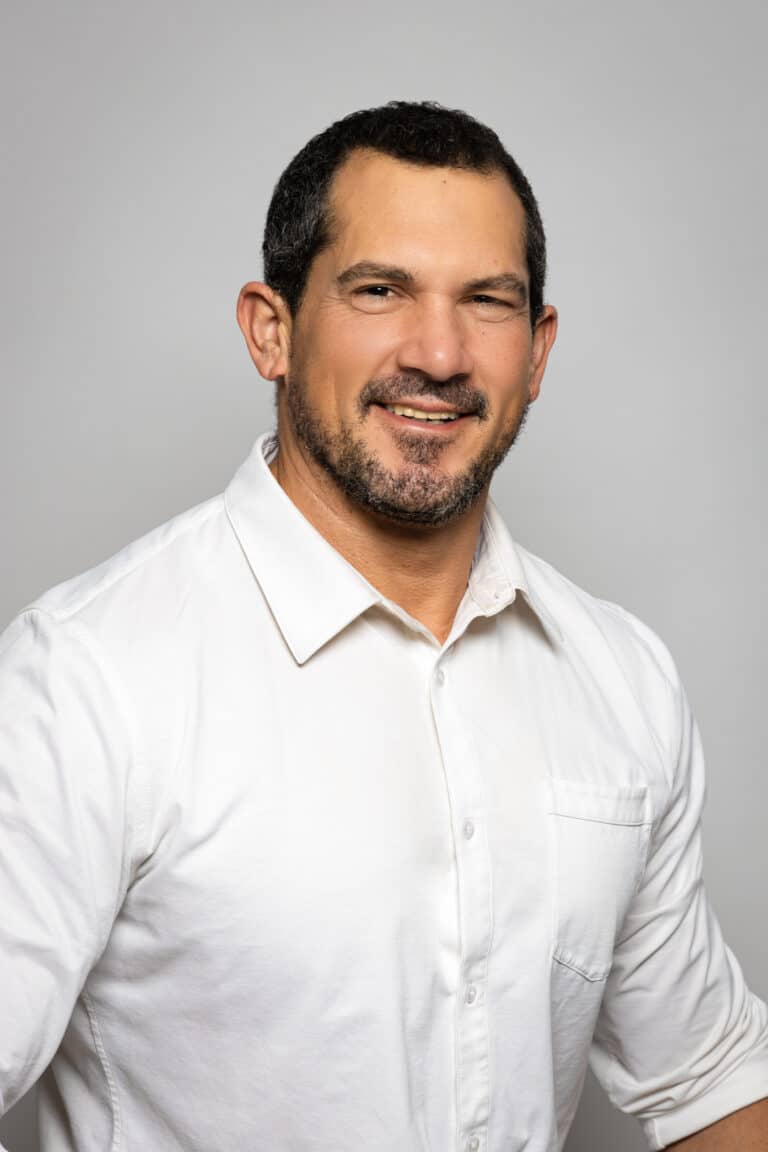Get ptsd support in victoria & Langford B.C.
Can We Truly Overcome Trauma? Exploring Strategies for Healing and Empowerment
PTSD, or Post-Traumatic Stress Disorder, is a condition that affects millions of people worldwide. It can develop in individuals who have experienced a traumatic event, such as an accident, physical or sexual abuse, or a natural disaster, and also in individuals who were chronically exposed to abuse or neglect, usually during childhood. The aftermath of a traumatic event can be overwhelming, and the symptoms of PTSD can be debilitating. However, it is important to remember that with the right support, individuals can overcome their traumatic experiences and live fulfilling healthy lives.
The Journey Towards Recovery
Overcoming Trauma
The journey towards recovery from PTSD can be a long and challenging one, but it is also a journey of healing and empowerment. If you or someone you know is experiencing symptoms of PTSD, it is important to seek help from a mental health professional.
Remember, recovery is possible, and with the right support, individuals can reclaim control over their lives and live with greater purpose and joy. Take the first step towards recovery today, and embrace the journey of healing and empowerment. We can help.


PTSD REcovery
The Healing Power Of Trauma Counselling
Trauma counselling can help individuals overcome the effects of PTSD. Trauma counselling provides a safe and supportive space for individuals to explore their thoughts, feelings, and experiences related to the traumatic event, and to integrate that recovery in the central nervous system. During therapy, individuals work with a therapist to develop coping skills, challenge negative thoughts and beliefs, and process their traumatic experiences.
At NeurAlive we use research-based methods to treat the effects of trauma, including EMDR, somatic psychotherapy, CBT, and neurofeedback. Such therapies work both with the conscious and subconscious components of an individual’s experience, in order to process and digest traumatic memories, while developing skills to cope with symptoms in the present moment. Over time, individuals can recover a sense of agency, resiliency and functionality in their day-to-day lives.
get counselling support in victoria & Langford B.C.
How Can Trauma Counselling Help?
Trauma counselling and trauma therapy offer numerous benefits for individuals who have experienced PTSD. Some of the benefits of these therapies include:
- Improved Mental Health: Trauma counselling can help individuals manage symptoms of PTSD, such as anxiety, depression, and irritability.
- Increased Self-Awareness: During therapy, individuals gain a deeper understanding of their thoughts, feelings, and experiences related to the traumatic event. This increased self-awareness can help individuals make meaningful changes in their lives.
- Improved Relationships: Trauma counselling can help individuals develop stronger, healthier relationships with their loved ones. This can help individuals feel more connected and supported as they work towards recovery.
- Increased Resilience: Trauma counselling can help individuals develop the skills and resilience they need to cope with stress and overcome challenges in the future.
- Empowerment: Trauma counselling can help individuals reclaim control over their lives and feel empowered to make meaningful changes.
Additional Support
Neurofeedback In Combination With Trauma Counselling
Neurofeedback is a breakthrough intervention for PTSD and is well-known for its ability to calm the central nervous system after a traumatic event. Providing brains with real-time feedback via pain-free, non-invasive EEG and audio technology, NeurOptimal® helps the brain regain its balance – promoting a sense of safety and emotional well-being while reducing symptoms such as hyper-vigilance, reactivity, and anxiety.
Although NeurOptimal® does not directly treat specific issues, it is a tool that helps alleviate symptoms associated with these and other conditions by improving the overall functioning of the central nervous system.
The Symptoms Of PTSD Can Be Wide-Ranging And Can Significantly Impact An Individual's Quality Of Life
THE FOLLOWING ARE SOME SYMPTOMS OF PTSD:
Intrusive thoughts: Individuals with PTSD often experience unwanted and distressing memories or images related to the traumatic event. These memories can intrude on their thoughts, and individuals may find it difficult to stop thinking about the traumatic event.
Avoidance Behaviours: Individuals with PTSD may avoid places, people, or activities that remind them of the traumatic event. They may also avoid talking or thinking about the traumatic event.
Increased Arousal And Reactivity: Individuals with PTSD may experience heightened levels of anxiety, irritability, or anger. They may also experience difficulty sleeping or have trouble concentrating.
Negative Changes In Mood And Cognition: Individuals with PTSD may experience feelings of guilt, shame, or hopelessness. They may also experience difficulty remembering important details about the traumatic event or may lose interest in activities they once enjoyed.
Hyper-Vigilance: Individuals with PTSD may constantly be on guard and easily startled. They may also have a heightened awareness of their surroundings and may be easily triggered by sights, sounds, or smells that remind them of the traumatic event.
These symptoms can be severe and can have a significant impact on an individual’s mental and emotional well-being. If you or someone you know is experiencing symptoms of PTSD, it is important to seek help from a mental health professional. At NeurAlive we have therapists who specialize in treating trauma >>>
FAQ
Frequently Asked Questions
How Can Counselling Help With Trauma Recovery?
Counselling can be instrumental in trauma recovery by providing a safe and supportive environment for individuals to process their experiences and emotions related to the trauma. Trained therapists use evidence-based techniques, such as trauma-focused therapies, to help clients navigate the impact of the traumatic event on their lives. Through approaches like Cognitive Processing Therapy (CPT) or Eye Movement Desensitization and Reprocessing (EMDR), counselling helps individuals reprocess distressing memories and beliefs associated with the trauma, leading to a reduction in the emotional intensity of those memories. Moreover, counselling assists in building coping skills to manage triggers, anxiety, and other trauma-related symptoms. By fostering a sense of empowerment and resilience, counselling supports individuals on their journey towards healing, post-traumatic growth, and reclaiming a meaningful and fulfilling life beyond the trauma.
What Should I Expect In A Trauma Counselling Session?
In a trauma counselling session, you can expect a safe and confidential space where you will work with a trained therapist to address the impact of the traumatic event on your life. Initially, the therapist may gather information about your trauma history, symptoms, and current challenges to better understand your unique needs. Expect the session to be focused on exploring your feelings, thoughts, and reactions to the trauma in a compassionate and non-judgmental manner. Your therapist will likely use evidence-based techniques to help you process the trauma, such as Cognitive Processing Therapy (CPT), Eye Movement Desensitization and Reprocessing (EMDR), or other trauma-focused interventions. As you progress, your therapist will help you develop coping skills and strategies to manage triggers and reduce distress related to the trauma. The pace of therapy will be determined by your comfort level and readiness to address specific aspects of the trauma. Remember, the therapeutic process is personalised to your needs, and your therapist will guide and support you throughout your trauma recovery journey.
Can Counselling Be Effective In Processing Trauma Without Retraumatizing Me?
Yes, counselling can be highly effective in processing trauma without retraumatizing you. Skilled therapists are trained to approach trauma with sensitivity and care, utilising evidence-based techniques designed to minimise retraumatization. Trauma-focused therapies, such as Cognitive Processing Therapy (CPT), Eye Movement Desensitization and Reprocessing (EMDR), and Trauma-Focused Cognitive Behavioral Therapy (TF-CBT), are specifically designed to help individuals process traumatic experiences while maintaining a sense of safety. These therapies aim to gently address and reprocess distressing memories and emotions, gradually reducing their intensity and impact. Additionally, therapists prioritise establishing a trusting therapeutic relationship and employ techniques to help you manage distress and cope with emotions effectively. The pace of therapy is also guided by your comfort level, ensuring that you are in control of the process and able to address trauma at a pace that feels manageable. By working collaboratively with a skilled therapist, counselling can promote healing, resilience, and post-traumatic growth without retraumatizing you.
What Qualifications And Experience Does The Counsellor Have In Treating Trauma?
Our counsellors hold at least a Master’s degree in counselling, psychology, or a related field. They have specialised training and certification in trauma-focused therapies, such as Cognitive Processing Therapy (CPT), Eye Movement Desensitization and Reprocessing (EMDR), or Trauma-Focused Cognitive Behavioral Therapy (TF-CBT). Additionally, our qualified trauma counsellors have experience working with individuals who have experienced various types of trauma, such as physical or sexual abuse, accidents, combat, or natural disasters. Still, when choosing a counsellor, it’s essential to review their credentials, read client reviews or testimonials, and ensure they have a solid track record in providing trauma-informed care. Building a trusting therapeutic relationship with a qualified and experienced trauma counsellor is crucial to receiving effective support and healing in your trauma recovery journey.
How Will Counselling Address My Specific Trauma And Its Impact On My Life?
Counselling will address your specific trauma and its impact on your life through a personalised and empathetic approach. A skilled trauma counsellor will create a safe and supportive environment, encouraging you to share your experiences and emotions at a pace that feels comfortable for you. They will work collaboratively with you to understand the unique challenges your trauma has brought into your life and how it affects your thoughts, emotions, and behaviours. Utilising evidence-based trauma-focused therapies, such as Cognitive Processing Therapy (CPT) or Eye Movement Desensitization and Reprocessing (EMDR), the counsellor will help you process and reframe distressing memories and beliefs associated with the trauma. Coping strategies and emotional regulation techniques will be developed to help you manage triggers and symptoms effectively. The therapeutic process aims to foster resilience, promote healing, and support you in navigating post-traumatic growth, empowering you to lead a fulfilling life beyond the trauma’s impact.
Can Counselling Help With Managing Flashbacks, Nightmares, And Intrusive Thoughts?
Yes, counselling can be highly effective in helping individuals manage flashbacks, nightmares, and intrusive thoughts associated with trauma or other distressing experiences. A skilled therapist will use trauma-focused therapies and other evidence-based techniques to address these symptoms. For example, Eye Movement Desensitization and Reprocessing (EMDR) can be used to reprocess distressing memories, reducing the emotional intensity of flashbacks and intrusive thoughts. Cognitive-behavioural therapy (CBT) can help challenge negative thought patterns and beliefs, leading to a reduction in the frequency and intensity of intrusive thoughts. Counselling provides a safe space for individuals to explore and process their emotions related to nightmares and intrusive thoughts, helping them develop coping strategies to manage these symptoms effectively. Through this therapeutic support, individuals can find relief from these distressing experiences and work towards reclaiming a sense of control and well-being in their lives.
Will I Have To Talk About The Traumatic Event In Detail During Counselling?
The extent to which you talk about the traumatic event in detail during counselling is entirely up to you and your comfort level. Skilled therapists understand that discussing traumatic experiences can be challenging and potentially retraumatizing. They will respect your boundaries and pace, allowing you to share as much or as little as you feel ready to discuss. While processing the trauma can be an essential part of therapy, therapists will use trauma-focused techniques designed to gently address and reprocess distressing memories without overwhelming you. If you choose not to talk about the traumatic event in great detail, the therapist can still help you manage its impact on your life, provide coping strategies, and focus on other aspects of your healing journey. The therapeutic process is centred around your needs and preferences, ensuring that you feel safe and supported throughout your trauma recovery.
Can Counselling Help Me With The Emotional And Physical Symptoms Of Trauma?
Yes, counselling can be incredibly helpful in addressing both the emotional and physical symptoms of trauma. A skilled therapist can assist you in processing the emotional impact of the trauma by providing a safe and supportive space to explore your feelings, thoughts, and reactions. Techniques such as Cognitive Processing Therapy (CPT) and Eye Movement Desensitization and Reprocessing (EMDR) can be used to reprocess distressing memories and beliefs, reducing the emotional intensity of trauma-related symptoms. Additionally, counselling can help you develop coping strategies to manage the physical symptoms often associated with trauma, such as sleep disturbances, hypervigilance, and somatic complaints. The therapeutic process aims to foster healing, resilience, and post-traumatic growth, supporting you in addressing both the emotional and physical aspects of trauma and improving your overall well-being.
Can Counselling Assist In Developing Coping Strategies For Trauma Triggers?
Yes, counselling can be highly effective in assisting you in developing coping strategies for trauma triggers. A skilled therapist will work with you to identify specific triggers and understand how they affect you emotionally and physically. Through trauma-focused therapies, like Cognitive Processing Therapy (CPT) or Eye Movement Desensitization and Reprocessing (EMDR), you can learn to reprocess distressing memories and beliefs associated with these triggers, reducing their emotional intensity. Moreover, counselling will equip you with practical coping techniques to manage and navigate triggering situations more effectively. These coping strategies may include mindfulness exercises, grounding techniques, relaxation practices, and developing a personalised safety plan. By working collaboratively with your therapist, you can gradually build resilience and confidence in facing trauma triggers, leading to a greater sense of empowerment and control over your responses
How Often Should I Attend Trauma Counselling Sessions?
The frequency of trauma counselling sessions can vary based on individual needs and the severity of trauma symptoms. At the beginning of therapy, it’s common to have more frequent sessions, such as once a week, to establish a strong therapeutic relationship and address immediate concerns. As progress is made and you begin to feel more equipped to manage the impact of trauma, the frequency of sessions may decrease to bi-weekly or monthly. However, the decision on session frequency should be a collaborative one, made with your therapist, taking into account your comfort level and therapeutic goals. Some individuals may benefit from ongoing support, while others may feel ready to reduce the frequency of sessions as they make progress in their trauma recovery. Remember that open communication with your therapist is crucial, allowing you to adjust the session schedule to best support your healing journey effectively.

























